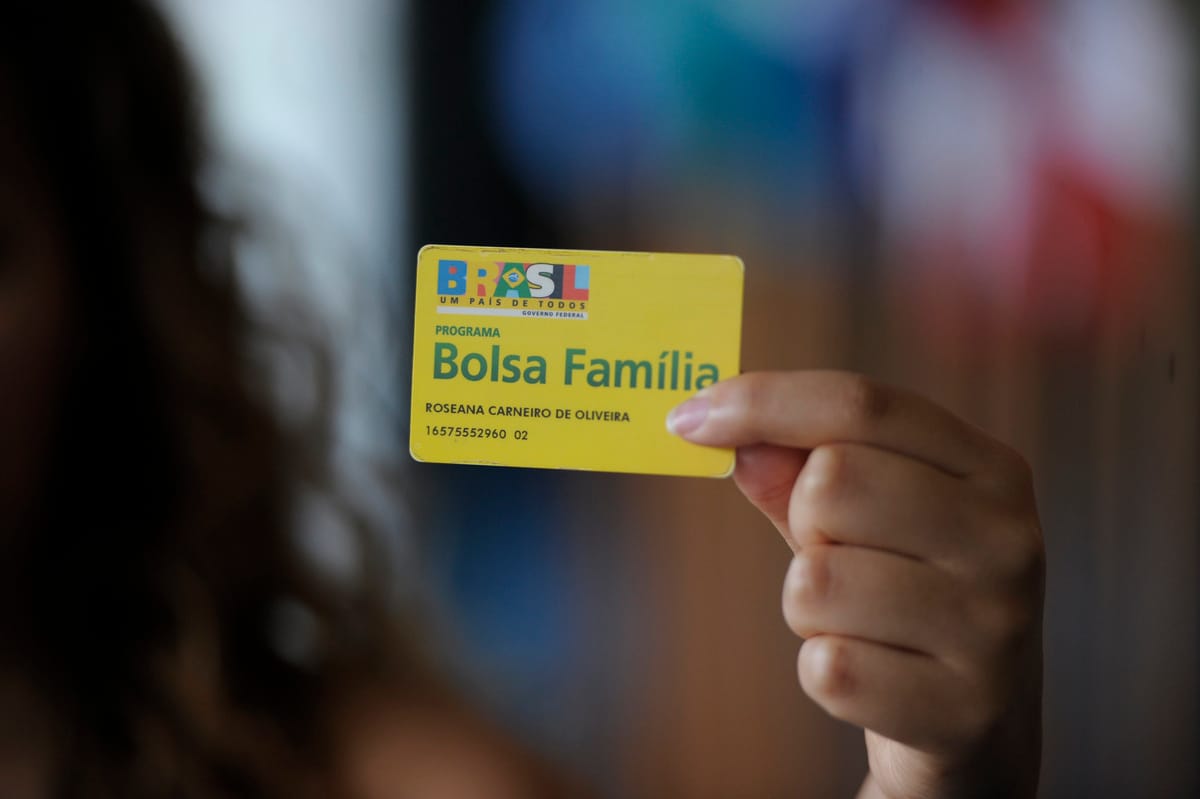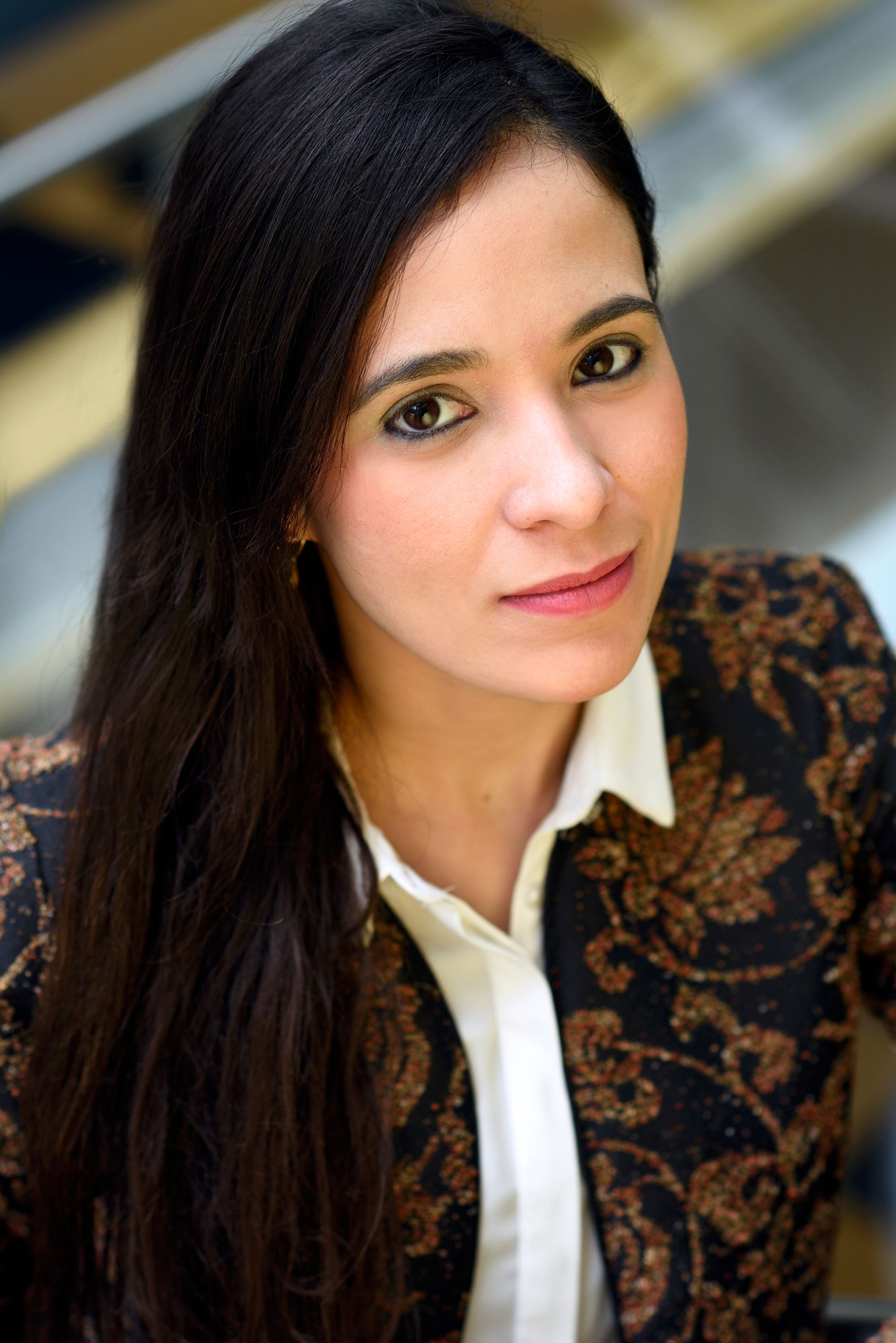The miracle that stops people from killing themselves
New research from Brazil shows the life-saving power of direct cash transfers.

I woke up yesterday from a fitful night's sleep — is this what long Covid is, a battery of sweaty, panicky nights? — to a flood of notifications about a one-line tweet.
Most of the retweets and likes came from the US. I spotted a couple of fan accounts of the former Democratic presidential candidate Andrew Yang, who has long pushed for universal basic income (UBI) or free cash straight into the pockets of citizens — a particularly compelling idea at a time when economies and livelihoods are being devoured by a virus.
Not so long ago, UBI was ridiculed as a commie fantasy that would make people lazy, unproductive, and addicted to government dole — the antithesis of the hardworking American chasing the American Dream. But in the wake of the devastation unleashed by the pandemic, no-strings-attached money has become a magnetic subject in US policy circles and has drawn plenty of powerful backers. A few people even tagged President Biden in their enthusiastic replies to my tweet.
Here’s the thing folks: I have zero interest in wading into American politics. My tweet was inspired by remarkable new research proving the literal life-saving power of basic income from a country that, together with mine, is weathering the most brutal impact of the pandemic right now: Brazil.
The study, led by global health and social medicine expert Daiane Borges Machado, investigated the effect of Bolsa Familia, the world’s largest conditional cash transfer programme, on suicide rates in a cohort of half the Brazilian population.
The results were miraculous.
“We used the 100 Million Brazilian Cohort (76,532,158 individuals) subset, linked to administrative mortality datasets in Brazil. To the best of our knowledge, this is the largest cohort ever created to study health-related outcomes. We evaluated the impact of the Brazilian Cash Transfer Program on suicide outcomes over a 12 year follow-up [2004-15] and observed that those receiving Bolsa Familia had a 61% lower risk of being a suicide victim than non-beneficiaries. The results were more pronounced among women and young individuals. These results demonstrate that economic interventions, such as Conditional Cash Transfers, contribute to the reduction of suicide, presumably by reducing poverty-driven hardship.
Last year, during the first wave of the pandemic, there were reports of Indians killing themselves because of crushing financial stress. Considering rampant underreporting, only a handful of stories made it to the public domain, such as the tragedy of the promising student at an elite college in New Delhi, who died by suicide because she was unable to afford a laptop to continue online classes.
“Because of me, my family is facing many financial problems. My education is a burden. If I can’t study, I can’t live,” she reportedly wrote in her suicide note.
Suicide researchers have been shouting from the rooftops that preventing suicides requires an intersectoral approach, not merely a healthcare-based one. A problem caused by deeply entrenched socioeconomic ills, discrimination, inequality, injustice, cannot be remedied with pills and therapy.
Now, we have powerful evidence that bolsters this claim.
Bolsa Familia gives out BRL89 (about USD17) per month to the country’s poorest families (monthly per capita income under BRL70 or BRL140 where there is a child, adolescent or pregnant woman in the family). Recipients have to make sure that all children in the family have a minimum 85% school attendance. Women and children must attend healthcare appointments and follow all vaccination schedules.
“There is growing evidence that economic recessions lead to a rise in suicide rates in various countries, including Brazil,” write Borges Machado et al. “However, evidence on the impact of socio-economic interventions to reduce suicide rates is limited, due to small study sizes, difficulties in conducting randomised trials, and data availability.
“The COVID19 pandemic is expected to lead to a severe global recession, increasing poverty and resulting in massive unemployment worldwide, with possible increases in suicide rates in the coming years. Suicide prevention interventions may help to mitigate this increase, if proven effective.”
I reached out to Borges Machado for an interview to better understand the study and her personal motivation for doing this work. Lightly edited excerpts follow.
(PS: No one wakes up one morning and decides to build a career in suicide research. Do read till the end for Borges Machado’s story, I promise you will take something away from it.)

Do you believe that your findings could potentially be used to support the call for unconditional universal basic income? Could it work as well in high-income countries (HIC) as in low- and middle-income countries (LMIC)?
Scientifically speaking our investigation was done in an LMIC and therefore our results could only be extrapolated to countries with similar characteristics. However, if our results are also indicating that cash transfers contribute to the reduction of suicide by reducing poverty-driven hardship and improving mental health, that could be true anywhere in the world.
There is a large literature [offering] a causal explanation for the relationship between poverty and poor mental health. Therefore, we could expect that universal basic income has great potential to improve people's mental health by decreasing financial stress, inequalities, family disruption, violence in the family (poverty increases violence), and possibly increasing healthcare access, including access to mental healthcare.
How do you explain the fact that cash transfers play the strongest protective role in women and younger people?
Women are the recipients of the benefits; qualitative studies have shown that receiving cash transfers increased empowerment and independence among those women. Cash transfers have also decreased domestic violence for those who were married to husbands with higher education, increased health care access, increasing changes of screening for violence victims, referrals, and assistance for the cases in need.
Regarding young people, suicide risks vary among age strata; among the young it can be more related to financial matters, such as not achieving financial stability, not getting a job, not being able to pay for things or even go to school among adolescents. Among older people, it tends to be more related to the challenges that come with the process of ageing, such as physical limitations or diseases, loss of family members and friends, and loneliness.
Could you please tell me a little bit about what got you interested in this work?
I have always wanted my work to make an impact on people’s lives, I have always wanted it to help change things. Later I realised that this is much more in the governments' hands than in researchers’ hands. We provide evidence, but if the policies are not put in place the poorer will keep paying the price. The place, the sex, or even the colour that you are born with determines way more about our lives than we believe.
I remember witnessing since very young how differently each of my childhood friends lived. I was born in a poor neighbourhood in a small town in Brazil, but my dad saved all the money he could to pay for an expensive school for his kids. I remember when I went to visit my friends from school, I used to eat yoghurt, fruits, and biscuits in their houses. But when I went to visit a very close friend Bibiu (daughter of a constructor that lived in a tent down the street), we used to eat flour burnt with oil. This mixture has zero nutrition, it is far from providing the nutrients a child needs.
How can we expect people who have always eaten differently, have had different access to education, health, etc., to perform all the same in life? I know some people do manage to change things, but those are the exceptions, the minority, and to deny that means to deny statistics/mathematics.
People don’t think much about it. People from the middle/upper class don’t think because they don’t have much contact with people with very limited resources, they don’t go into their houses. Poor people don’t think much about it either, because often they also don’t have much idea of how rich people live. We all go about our lives in our bubbles. I hope these scientific results at least give us [an impetus] that something needs to be done, and that mental health is much broader than only delivering [medical] care.
Feature image: Jefferson Rudy/Agência Senado
This piece is an example of my new focus on radically hopeful stories on mental health. (Read my earlier piece explaining the concept of radical hope.)
Articles like this require a significant investment of my time and resources. As an independent creator, I depend on your support.





